If you’ve ever dreamed of a career in sustainable farming, helping with global food challenges, or innovating natural resource management—this is your place. The good news is scholarships are waiting to help every aspiring agriculturalist. If you are thinking about a successful future, the field of agriculture is the perfect place for innovation, science, and leadership, shaping the future of our rapidly changing planet.
Whether you are a high school student or getting an undergraduate degree, Scholarship Institute has gathered full-ride opportunities funded by the USDA for industry-specific awards. These opportunities support students, veterinarians, educators, and agricultural engineers. So, continue reading to explore the scholarships that could help you turn your passion for agriculture into a thriving career!
Want to find need-based scholarships? We have tons of opportunities with links to some of the most useful scholarship application programs!

The Best U.S. Department of Agriculture Scholarships
The U.S. Department of Agriculture provides several scholarship opportunities for students that help fund eligible recipients with money to pay for their studies. Some of these opportunities are:
- The 1890 National Scholars Program: This program, established in 1992, offers career opportunities for students from rural or underserved communities around the country. It covers full tuition, fees, books, and room and board for students pursuing degrees in agriculture, food, natural resource sciences, or related academic disciplines.
- 1994 Tribal Scholars Program benefits Native American agriculture and rural Tribal economies and strengthens the United States’ food security. The Tribal College Program provides students enrolled in a degree-seeking Doctor of Veterinary Medicine (DVM) program with a $15,000 scholarship funding for tuition, books, tutors, and laboratory fees.
- Foreign Agricultural Service International Agriculture Fellowship Program is a new U.S. Department of Agriculture (USDA) program that provides graduate fellowships to qualified students who will attend two-year graduate programs in Agribusiness or Agricultural Economics at U.S. universities. The program encourages the application of members of minority groups historically underrepresented in USDA and those with financial need. It is open to students and alumni of all universities and with any major. It has two summer internship opportunities – one domestic and one overseas and provides professional development activities. Fellows enter the Foreign Agricultural Service upon successful completion of the IAFP and USDA entry requirements. There is a five-year service obligation.
- Food Safety Inspection Service Adel A. Malak ScholarshipThe Food Safety and Inspection Service (FSIS) is a U.S. public health agency. FSIS works inspecting meat, poultry, and egg products. The Agency coordinates inspection and enforcement activities and protects the public from foodborne illness. The USDA Pathways Program offers students and recent graduates opportunities to work in agriculture, science, technology, math, environment, management, business, and many other fields.
- The National FFA Organizationoffers young students preparing for leadership and careers in the science, business, and technology of agriculture. The scholarship program provides capital for young entrepreneurs with limited access to other sources by creating pathways to transform the agriculture industry and strengthen communities, especially rural areas.
- The American Farm Bureau Federation offers scholarships for students pursuing careers in agriculture, including scholarships for agricultural business, agricultural communications, and agricultural engineering. They are a group of farms and ranch families collaborating to build a sustainable future of safe and abundant food, fiber, and renewable fuel for our nation and the world.
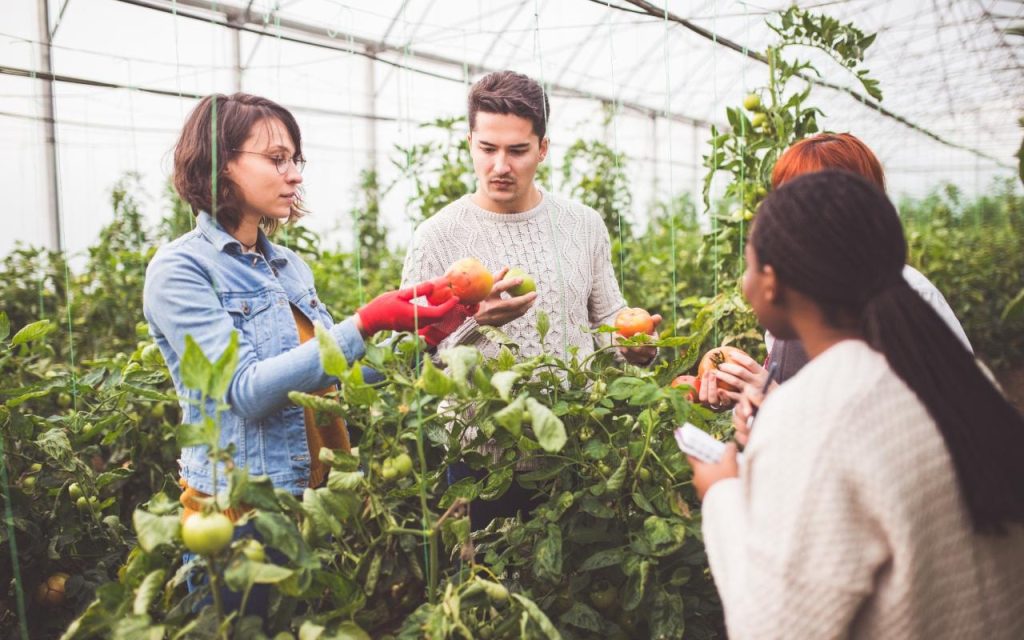
Agriculture Majors: Students Pursuing Careers
Undergraduate students pursuing degrees in agriculture have many options and professional careers in food, natural resource sciences, or related academic disciplines. Students enrolled in the following areas of study may be eligible for agriculture scholarships:
- Agricultural economics: This specialization focuses on the economic principles behind agriculture, including market trends, resource management, and trade. It’s ideal for students interested in the financial side of farming and agribusiness.
- Agricultural business: This area prepares students for roles like farm management, agribusiness consulting, and agricultural marketing by combining business skills with agricultural knowledge.
- Crop science: Students study the biology, genetics, and management of plants used in agriculture. It’s perfect for students passionate about sustainable farming, crop improvement, and food security.
- Animal science and related fields: Focuses on livestock care, genetics, nutrition, and health. It’s an excellent fit for students aiming to work in veterinary medicine, animal breeding, or livestock management.
- Agricultural education: For students who love teaching, this field of study focuses on preparing students to educate others about farming practices, technology, and sustainability.
- Agricultural communications: This field is about sharing agricultural knowledge with the public through media, writing, and outreach. It’s ideal for creative students who want to connect people with the farming industry.
- Agricultural engineering: Combines engineering with agricultural systems to create technology and solutions for farming efficiency, such as designing irrigation systems or developing machinery.
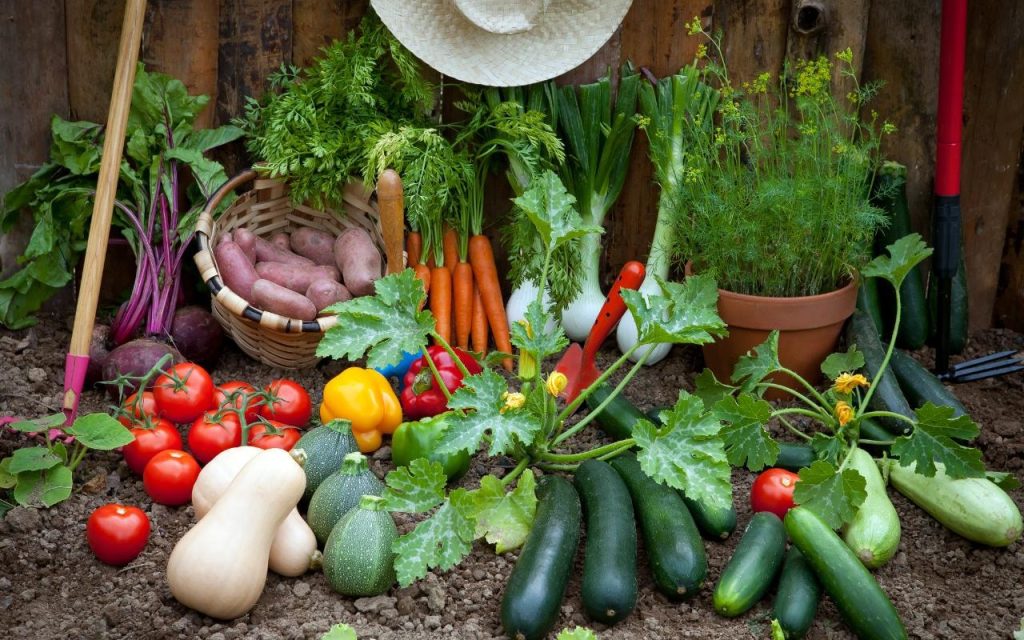
Natural Resources: Career Opportunities in Agriculture
There is no question that the agriculture industry will always remain useful. Students with an agriculture major can pursue careers related to farming, ranching, and agricultural management and combine a successful professional career with a love for natural resources. Some potential job titles include agricultural engineer, farm or ranch manager, agricultural economist, soil and plant scientist, agricultural consultant, or agricultural extension agent.
The average salary for an agriculture major can vary widely depending on the specific career path you pursue. According to the U.S. Bureau of Labor Statistics, the median annual wage for agricultural and food scientists was $76,400 in May 2023. The U.S. Bureau of Labor Statistics projects that employment in agricultural and food science occupations will grow by 8%(faster than average) from 2023-2033.
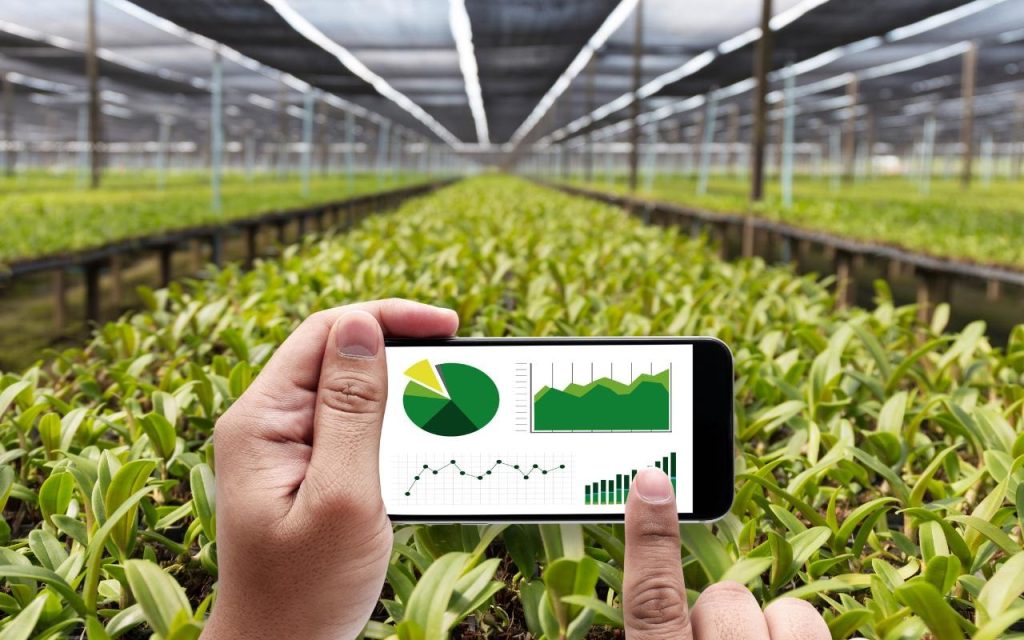
How to Apply for Agriculture Scholarships
Before applying for any scholarships, at Scholarship Institute, we recommend that students file their FAFSA to be considered for federal scholarships, grants, or even federal student loans.
Once you have filled out your FAFSA form, students can search for specific scholarships offered in their school and on scholarship digital platforms. If you are an inexperienced applicant, we recommend to start small. Find the smaller or local scholarship opportunities that apply to you and behind applying to those on a regular basis. You will be able to gain experience while having more chances to win money to pay for your educational expenses.
High School Seniors
High school students and graduating high school seniors can create an account on scholarship digital platforms and browse and apply for hundreds of scholarships—including those related to agriculture. Once you have registered, we recommend the following steps:
- Use the filters to find scholarships for agriculture, as well as any other categories that you fit in, to find scholarships to apply for.
- Check all the eligibility requirements and descriptions of the scholarship to make sure you qualify before you apply.
- Start by brainstorming your experiences and accomplishments in the field of agriculture.
- Use concrete examples and stories to show how your passion for agriculture has influenced your academic journey during your high school journey.
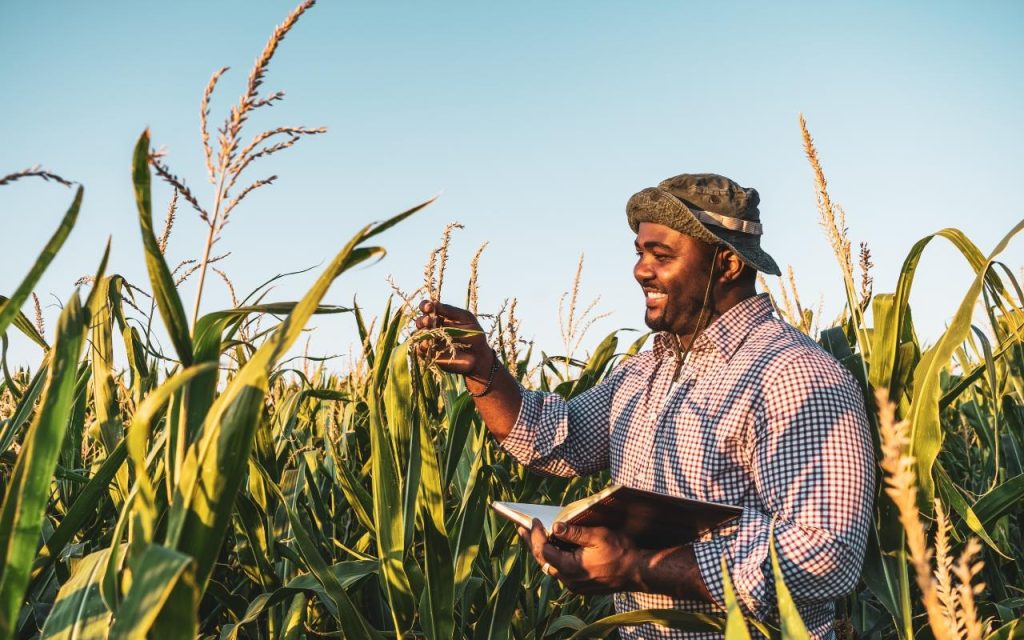
Additional Resources and Tips
There are many options when it comes to college students, such as choosing what school they want to be part of and whether they want to earn a bachelor’s degree or a two-year degree. One possible option is Purdue University. The College of Agriculture is known for a dedicated community of alumni and friends committed to supporting future agriculturalists, which awards approximately $2.5 million in scholarships each year. On their website, you can find all the deadlines and the kinds of applications for incoming, current, or transfer students.
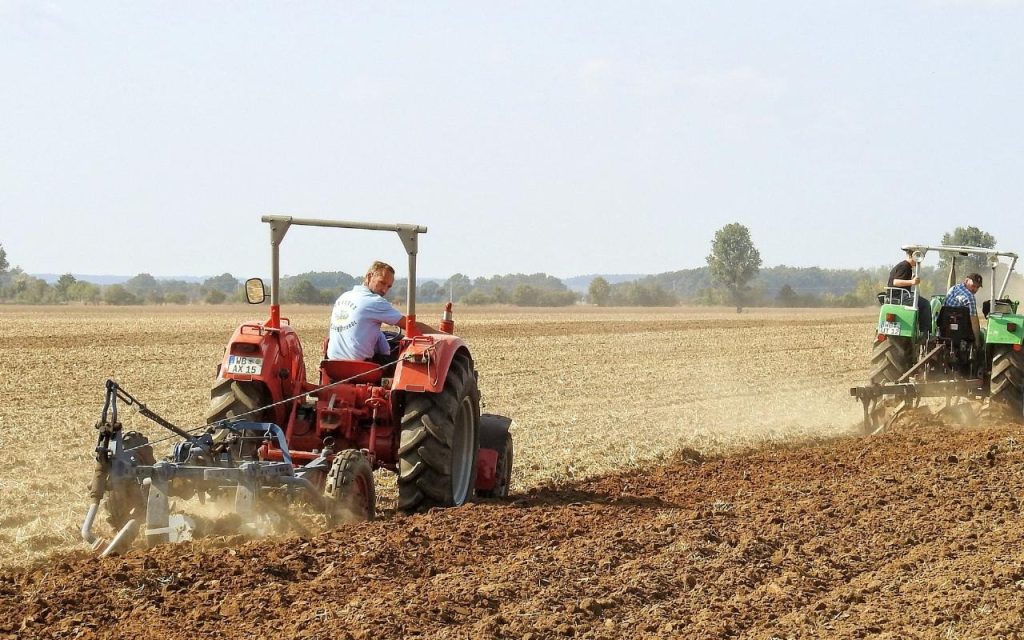
Frequently Asked Questions: Agriculture Scholarships
1. What Are the Eligibility Criteria for These Scholarships?
Each scholarship has its own set of requirements. Some may be based on your major, such as agricultural sciences or veterinary medicine, while others might focus on factors like financial need, academic performance, or specific demographics, like being a member of a farming family or an underrepresented community. Always check the qualifications before applying so you don’t spend time on applications that focus on something that might not be aligned with your journey, and make sure to double-check the application’s deadline.
2. How Do I Apply for Agriculture Scholarships?
Applying can vary depending on the scholarship and the platform, website, or school. Some require you to fill out an online form, while others might need essays or videos showcasing your passion for agriculture. Many applications are on specific websites like Bold.org, Federal Aid Office, or through the organization’s portal. Following instructions carefully is key to success. Many offer clarification on the step-by-step application process, including where to find the applications, how to submit them, and the necessary requirements to be eligible for the scholarship opportunities.
3. What Documents or Materials Do I Need to Prepare?
Keep your basic documents up to date, like transcripts, a resume, and letters of recommendation. Since letters of recommendation might be different for each application, make sure you have enough time if you need to request some edits in the letter of recommendation. Some applications may require personal statements, essays, or proof of involvement in agriculture-related activities. Get these ready in advance to save time when deadlines approach.
4. Can I Apply for More Than One Scholarship?
Yes! It’s a great idea to apply for multiple scholarships so you can increase your chances of getting funding. We recommend starting with the smaller scholarships before you apply to the more competitive ones. Be sure to read the fine print—some scholarships may have restrictions if you receive another award.
5. Are There Scholarships Specifically for Graduate Students or Certain Specializations?
Absolutely. For example, veterinary medicine students can look into programs like the FSIS Adel A. Malak Scholarship. If you’re into agricultural engineering or business, there are targeted scholarships for those as well. It’s all about researching so you can find the ones that match your goals.
6. When Are the Application Deadlines?
Deadlines vary depending on the scholarship, but many agriculture scholarships are due early in the year—around February or March. Some have rolling deadlines or are tied to specific academic terms. Start your search early to give yourself plenty of time to apply and organize your schedule.
Are you still searching for other related fields and scholarship opportunities? At Scholarship Institute, we focus on finding the best tools to apply for as many scholarships as possible so that students can afford their education.







